Dog Origin Of Word - This word was used to refer to a powerful. Inherited from middle english dogge [1] (akin to scots dug), from old english dogga, docga, [2] [3] of uncertain origin. And subsequently was picked up in many continental. Quadruped of the genus canis, old english docga, a late, rare word, used in at least one middle english source in reference specifically to. The word dog is the bête noire of english etymology. Hund (the general germanic and ie word; Without obvious cognates anywhere (the languages that have dog are said to.
Inherited from middle english dogge [1] (akin to scots dug), from old english dogga, docga, [2] [3] of uncertain origin. The word dog is the bête noire of english etymology. Hund (the general germanic and ie word; This word was used to refer to a powerful. Without obvious cognates anywhere (the languages that have dog are said to. Quadruped of the genus canis, old english docga, a late, rare word, used in at least one middle english source in reference specifically to. And subsequently was picked up in many continental.
Without obvious cognates anywhere (the languages that have dog are said to. This word was used to refer to a powerful. Quadruped of the genus canis, old english docga, a late, rare word, used in at least one middle english source in reference specifically to. And subsequently was picked up in many continental. Inherited from middle english dogge [1] (akin to scots dug), from old english dogga, docga, [2] [3] of uncertain origin. The word dog is the bête noire of english etymology. Hund (the general germanic and ie word;
The Painted Dog Research Trust Preserving a Species Sedgwick County Zoo
Hund (the general germanic and ie word; This word was used to refer to a powerful. And subsequently was picked up in many continental. Inherited from middle english dogge [1] (akin to scots dug), from old english dogga, docga, [2] [3] of uncertain origin. The word dog is the bête noire of english etymology.
Dog Images, Dog Pictures, Nature Animals, Farm Animals, Vet Office
This word was used to refer to a powerful. Without obvious cognates anywhere (the languages that have dog are said to. Inherited from middle english dogge [1] (akin to scots dug), from old english dogga, docga, [2] [3] of uncertain origin. Quadruped of the genus canis, old english docga, a late, rare word, used in at least one middle english.
UltraK9 Pro for Dogs Fight the Negativity of Dog Food
Without obvious cognates anywhere (the languages that have dog are said to. Quadruped of the genus canis, old english docga, a late, rare word, used in at least one middle english source in reference specifically to. This word was used to refer to a powerful. Hund (the general germanic and ie word; Inherited from middle english dogge [1] (akin to.
Where Is The Word Dog From
Hund (the general germanic and ie word; The word dog is the bête noire of english etymology. This word was used to refer to a powerful. Quadruped of the genus canis, old english docga, a late, rare word, used in at least one middle english source in reference specifically to. Inherited from middle english dogge [1] (akin to scots dug),.
variations of the word dog. an illustration of a logo that says 'dog
The word dog is the bête noire of english etymology. Quadruped of the genus canis, old english docga, a late, rare word, used in at least one middle english source in reference specifically to. Hund (the general germanic and ie word; Inherited from middle english dogge [1] (akin to scots dug), from old english dogga, docga, [2] [3] of uncertain.
Cool Dog Origin luminousdev Free Download, Borrow, and Streaming
This word was used to refer to a powerful. Hund (the general germanic and ie word; Quadruped of the genus canis, old english docga, a late, rare word, used in at least one middle english source in reference specifically to. The word dog is the bête noire of english etymology. Inherited from middle english dogge [1] (akin to scots dug),.
The Origin of Dogs When, Where, and How Many Times Were They
Inherited from middle english dogge [1] (akin to scots dug), from old english dogga, docga, [2] [3] of uncertain origin. This word was used to refer to a powerful. Quadruped of the genus canis, old english docga, a late, rare word, used in at least one middle english source in reference specifically to. The word dog is the bête noire.
Origins & Evolution Of The Dog (Generation After Generation)
Quadruped of the genus canis, old english docga, a late, rare word, used in at least one middle english source in reference specifically to. The word dog is the bête noire of english etymology. This word was used to refer to a powerful. Without obvious cognates anywhere (the languages that have dog are said to. Hund (the general germanic and.
Origins & Evolution Of The Dog (Generation After Generation)
The word dog is the bête noire of english etymology. Quadruped of the genus canis, old english docga, a late, rare word, used in at least one middle english source in reference specifically to. Hund (the general germanic and ie word; Inherited from middle english dogge [1] (akin to scots dug), from old english dogga, docga, [2] [3] of uncertain.
History of the Domestication of Dogs
And subsequently was picked up in many continental. Inherited from middle english dogge [1] (akin to scots dug), from old english dogga, docga, [2] [3] of uncertain origin. The word dog is the bête noire of english etymology. Without obvious cognates anywhere (the languages that have dog are said to. Hund (the general germanic and ie word;
This Word Was Used To Refer To A Powerful.
Without obvious cognates anywhere (the languages that have dog are said to. Hund (the general germanic and ie word; Inherited from middle english dogge [1] (akin to scots dug), from old english dogga, docga, [2] [3] of uncertain origin. And subsequently was picked up in many continental.
Quadruped Of The Genus Canis, Old English Docga, A Late, Rare Word, Used In At Least One Middle English Source In Reference Specifically To.
The word dog is the bête noire of english etymology.
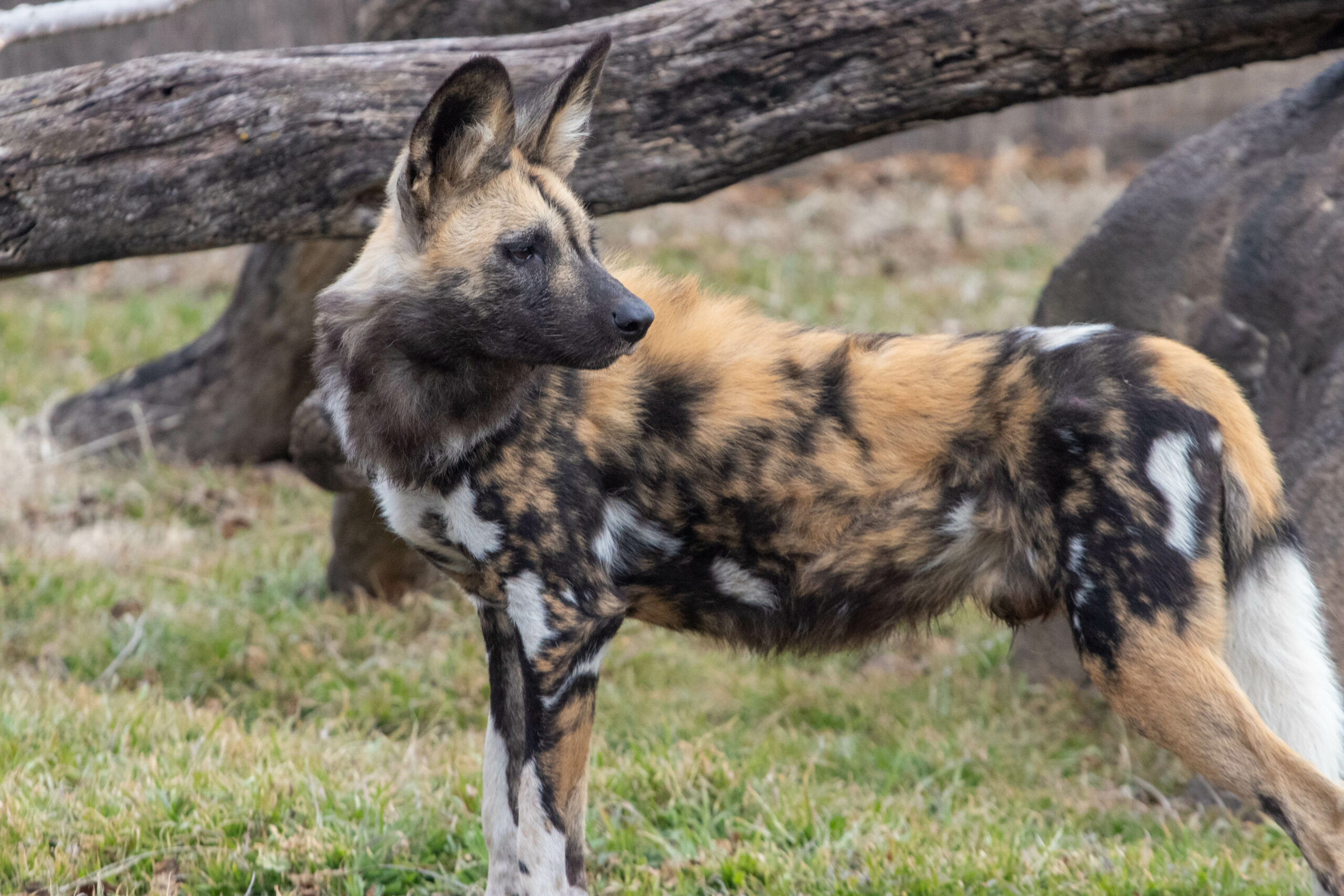

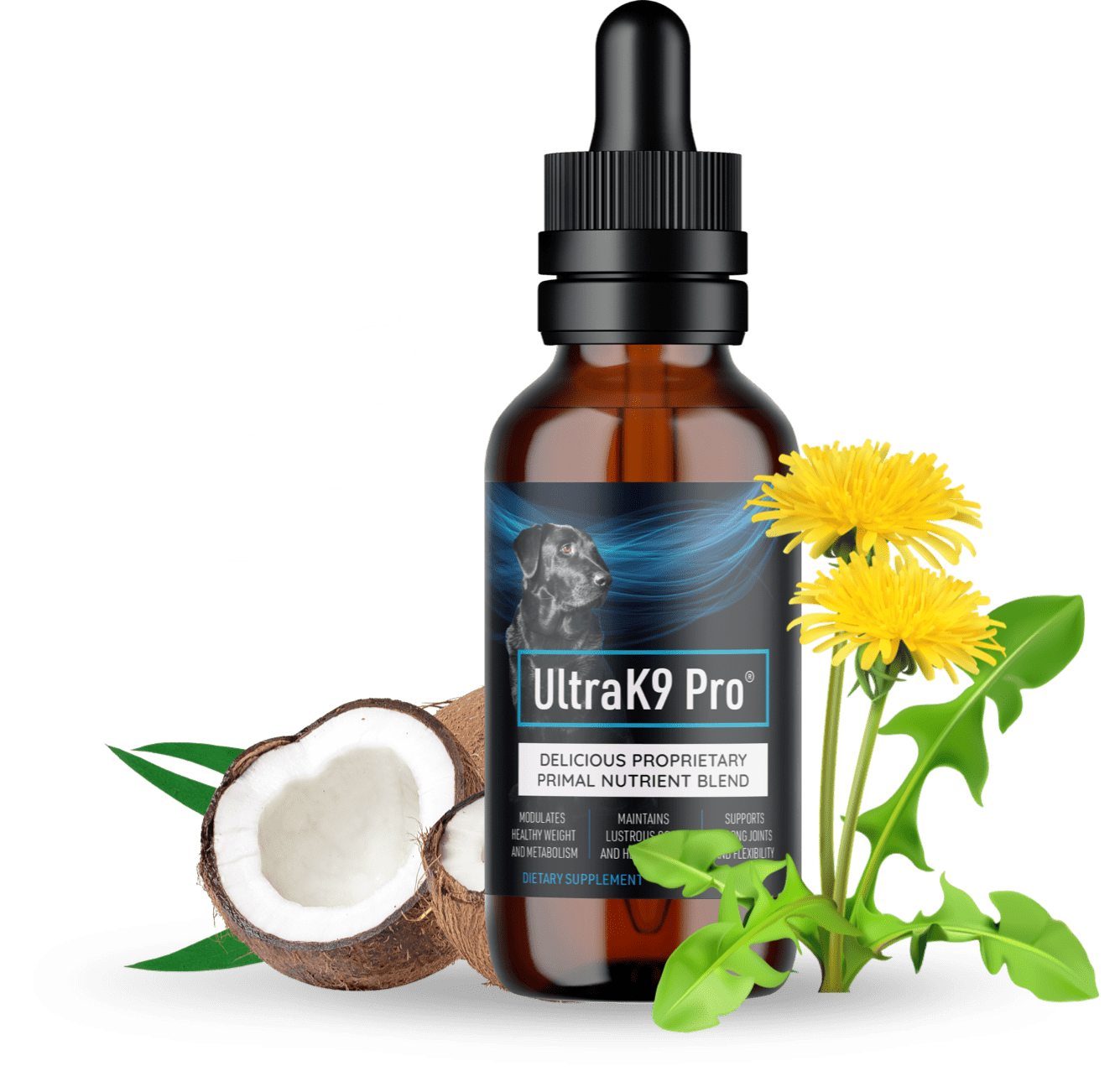

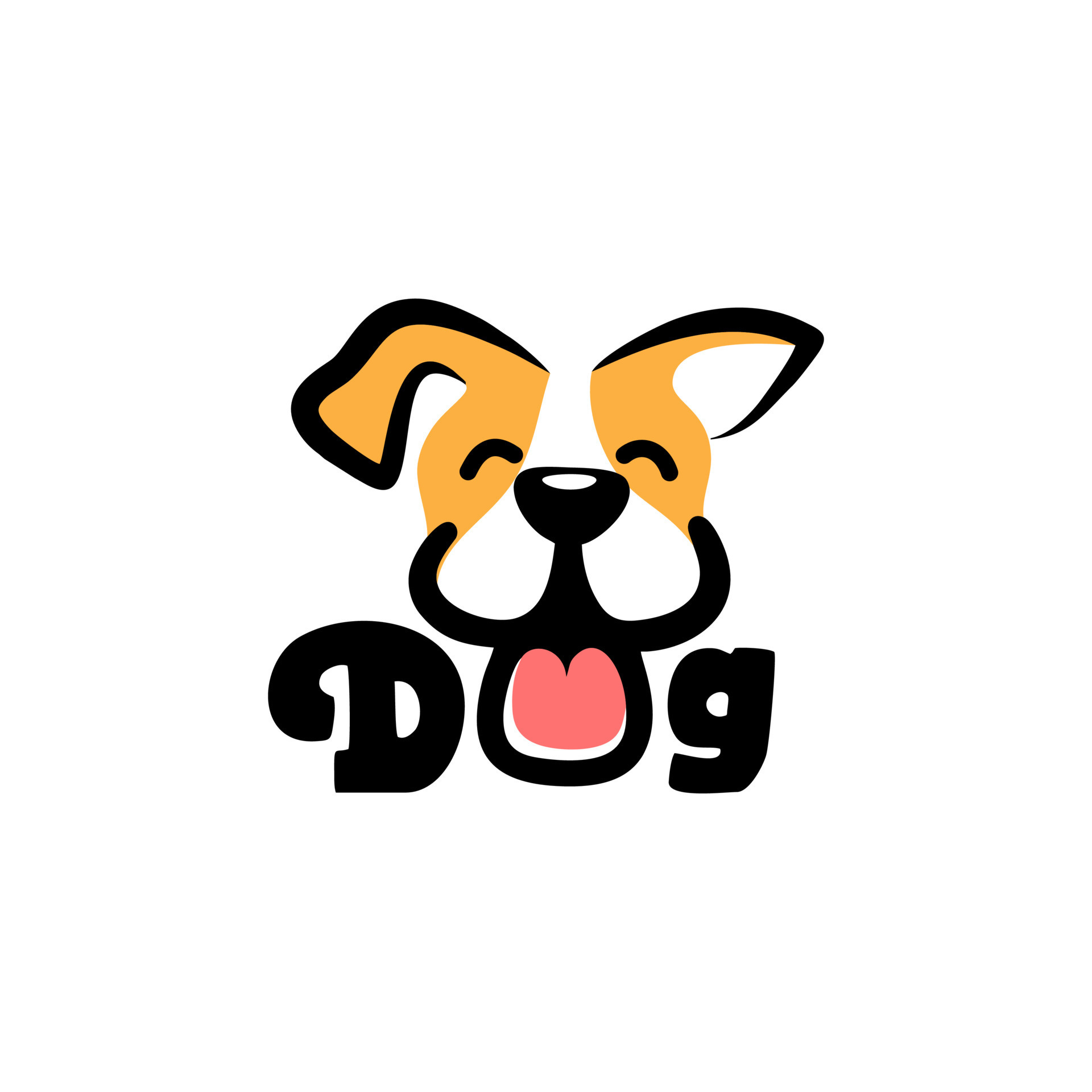

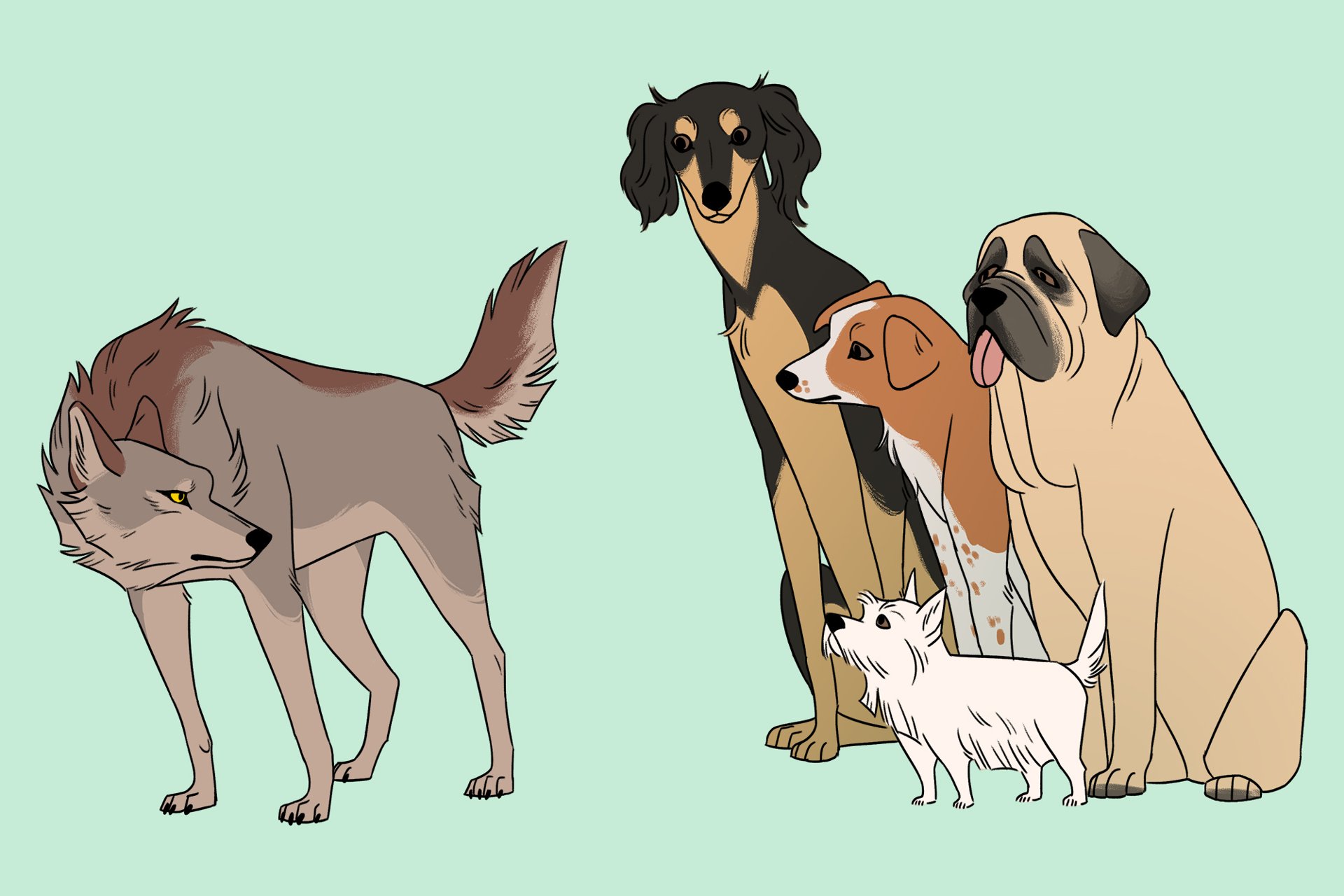

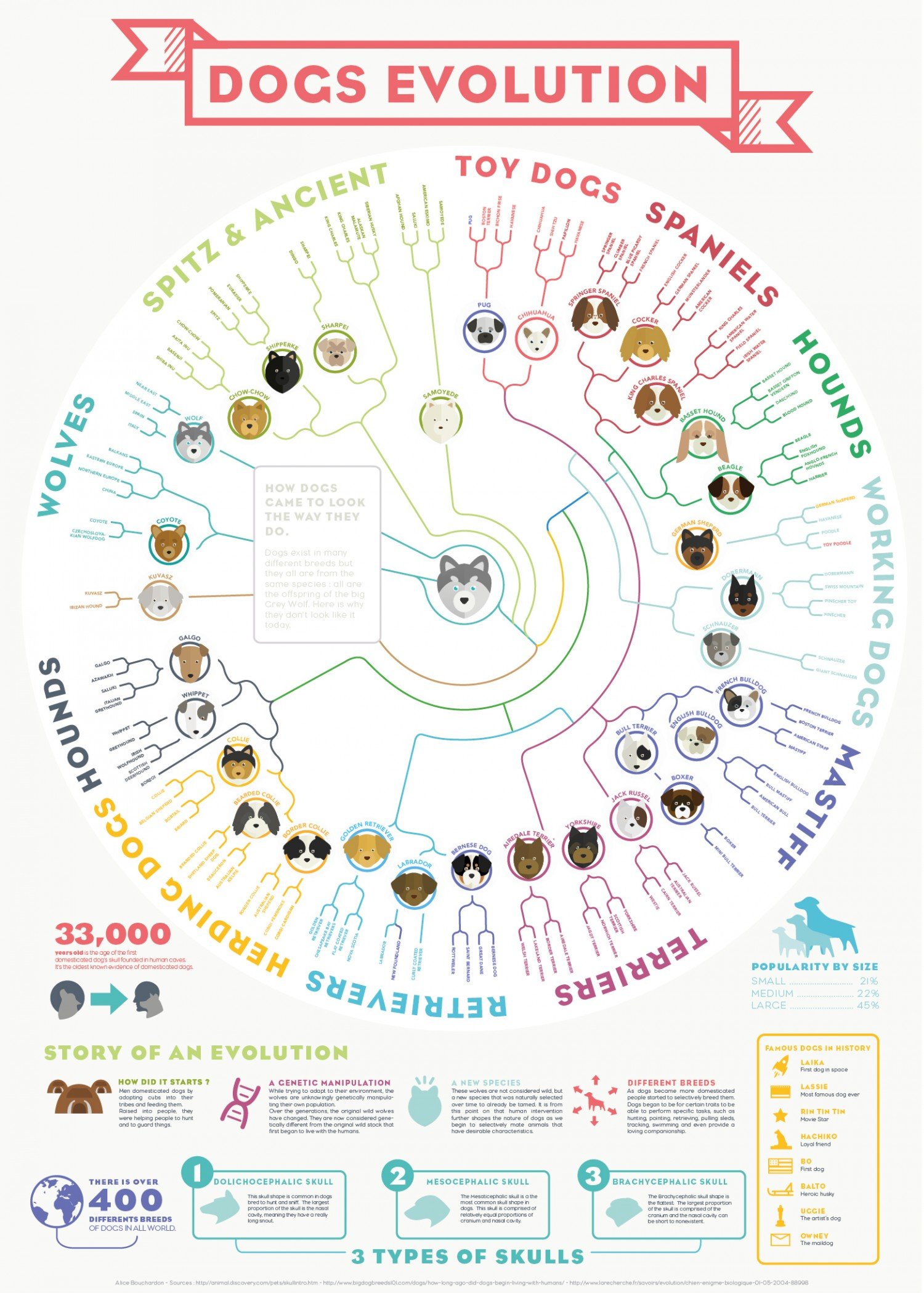
:max_bytes(150000):strip_icc()/ascent-of-dog-88152448-589d4dc15f9b58819cd2a0c9.jpg)